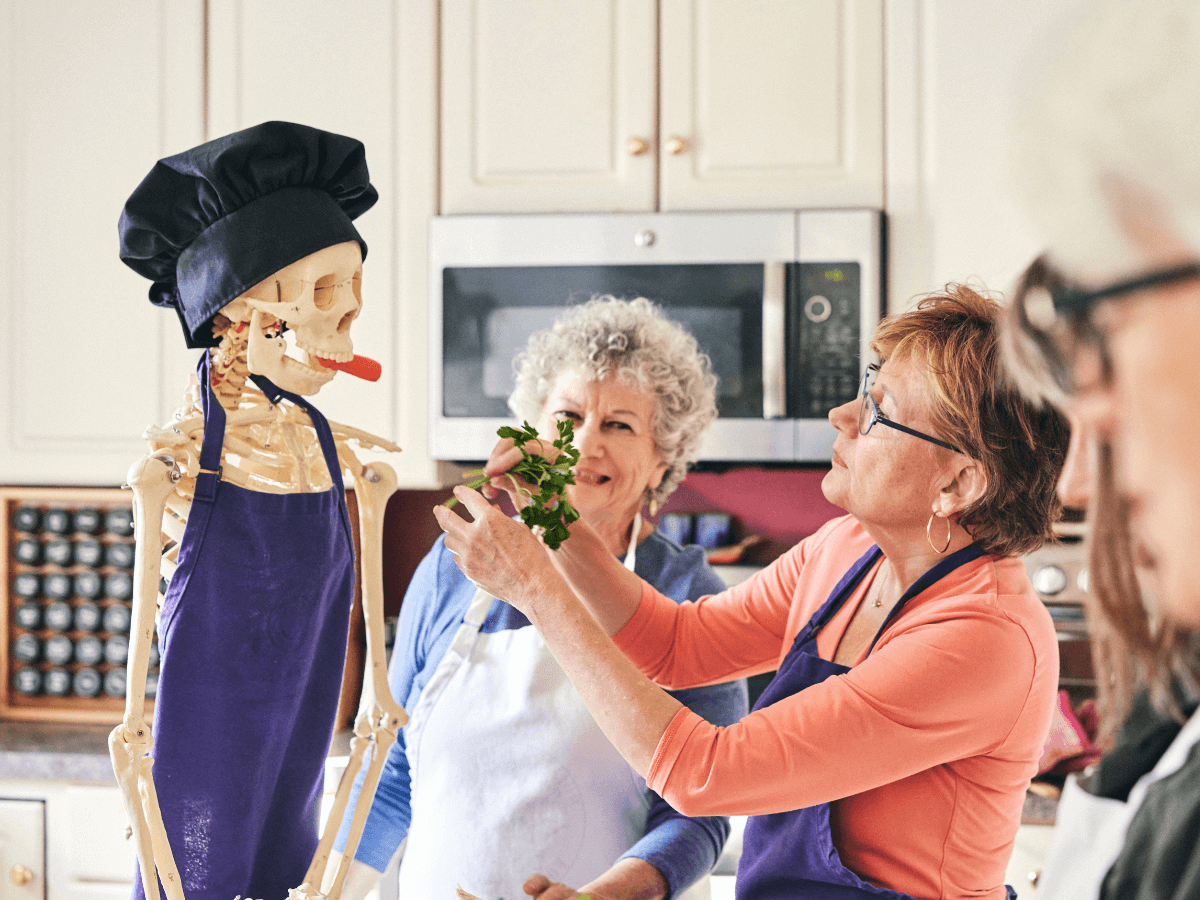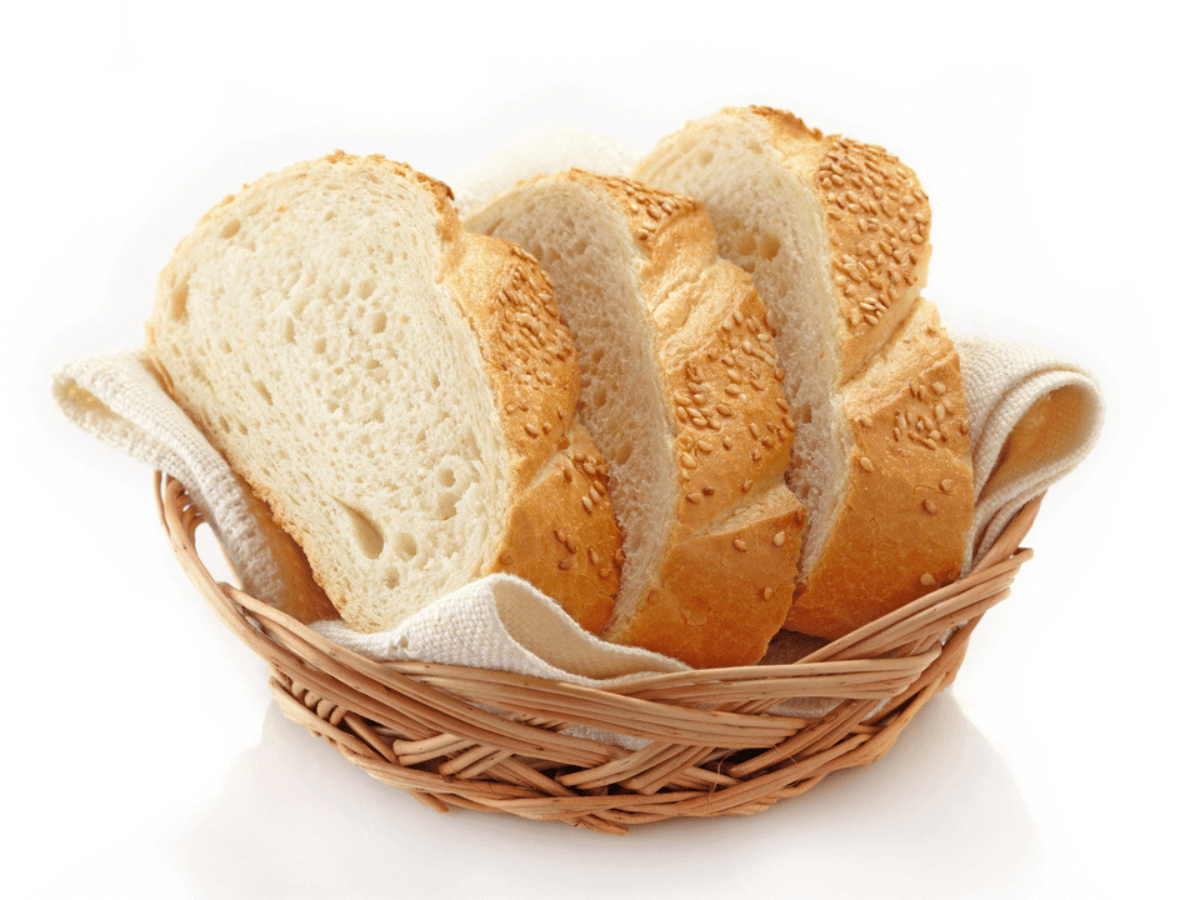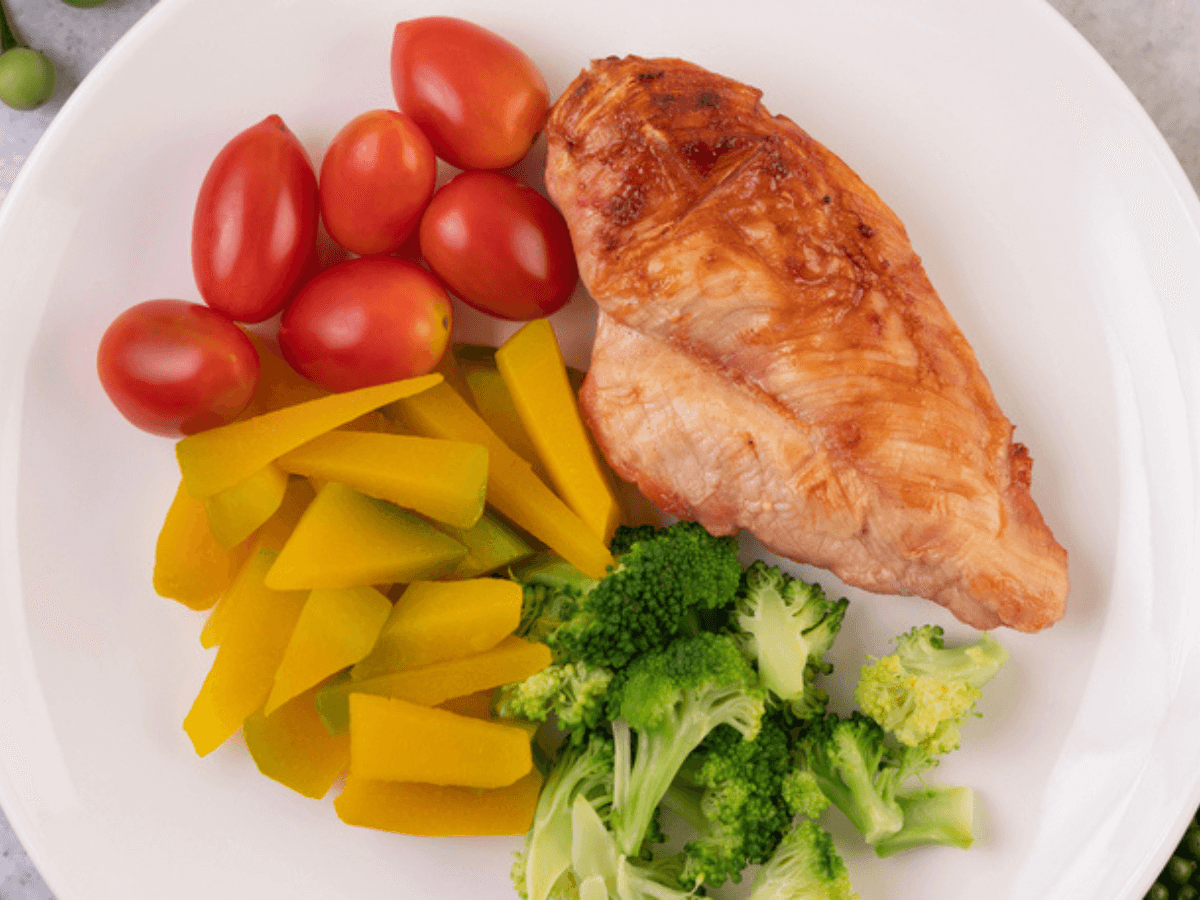8 Daily Tips for Bone Health and Strength






Better bone health is absolutely achievable, no matter your age. Our bones are the framework that keep us moving, standing tall, and living active lives. Yet many people don’t realize that small daily choices can either strengthen or weaken this foundation.
Bone health isn’t just about avoiding fractures later in life—it’s about energy, mobility, and quality of life today. I learned this the hard way years ago, when I started paying closer attention to how my daily choices added up. Some mornings I’d rush through breakfast, grab coffee, and feel depleted by noon. On other days, when I slowed down, hydrated, and actually ate those veggies my body had been asking for, I noticed a clear difference—not just in energy but in how strong I felt from the inside out.
The truth is, our bones respond to the little things we do every single day. The foods we eat, the way we move, and even how we breathe before a meal all play a part. That’s why I started gathering small, realistic practices that actually fit into daily life. Below are eight simple tips for bone health that I use myself—and that you can start adding into your routine right away.

A simple habit like drinking the juice of one lemon in warm water each morning can set the tone for your day. Lemon water has an alkalizing effect in the body, which supports overall balance and reduces the acid load that contributes to calcium loss. Hydration is also essential for bone and joint health, and beginning your day with water helps your body function optimally. I often think of it as a reset button—light, cleansing, and energizing. If you want stronger bones, start by supporting your system from the moment you wake up.

Vegetables, especially dark leafy greens like kale and collards, are essential for bone strength. Aim for at least seven servings daily, whether you eat them slowly at meals or blend them into a nutrient-packed green drink. Greens provide calcium, magnesium, and a host of other minerals that build and protect bone density. Variety is also key; mixing colors ensures you’re getting a broad spectrum of nutrients. Each bite you take is like a small deposit into your bone health savings account.

Sugar may taste sweet, but its effect on bone health is anything but. High sugar intake increases acidity in the body and causes calcium to leach from bones and teeth. Refined sugar also spikes insulin and creates inflammation, both of which contribute to bone loss over time. Fresh fruits and vegetables already provide the natural sugars your body needs without the harmful effects. By cutting back on refined sugar, you’re giving your bones a chance to stay strong and supported.

Bread may be comforting, but it’s a simple carbohydrate that quickly turns to sugar in the body. Like refined sugar, it creates acidity and contributes to calcium loss over time. This one was always a personal challenge for me, but skipping the bread basket has a noticeable effect on energy, digestion, and long-term bone health. Choosing fiber-rich vegetables or whole grains in moderation provides better support. Stronger bones sometimes require saying no to the foods that weaken them.

Animal protein, especially when consumed in large portions, can be acidic and contribute to calcium leaching from bones. That doesn’t mean you need to eliminate it entirely—just reframe it. Use protein as the side dish and let vegetables take center stage on your plate. Balance is key, and mindful portions protect your bone health without depriving you of variety.

Good digestion supports good nutrition, and that starts before the first bite. Take a few deep, calming breaths before eating to bring blood flow to your digestive system and signal your body that it’s time to absorb nourishment. When we rush meals or multitask, our bodies shift into stress mode, making digestion less effective. Elevated cortisol and insulin from stress also encourage weight gain and poor nutrient absorption. By slowing down, you not only enjoy your meal more—you also give your bones the best chance to benefit from the food you’re eating.

Chewing is an underrated step in digestion, but it makes a big difference in nutrient absorption. Carbohydrates, in particular, need to be broken down in the mouth, and thorough chewing gives your digestive system a head start. Try chewing each bite at least 10 times before swallowing—you’ll be surprised how flavors deepen and satiety increases. This small act helps your body make the most of the calcium and minerals in your meals. Think of your teeth as the first tools for better bone health.

Strong bones depend on more than just food; they also need movement and resistance. Simple exercises like balancing on one leg or using light hand weights can improve bone density and stability. Try standing with one foot raised while doing arm curls or overhead presses with small dumbbells to challenge your body. If balance is tricky, use a wall for support and gradually build strength over time. These daily practices may seem simple, but they create long-term resilience for both bones and muscles.
When you are ready to move forward with your exercise find a local Onero weight lifting program. Studies confirm Onero builds bones.
Bone health is not a quick fix but a collection of small, intentional choices. From starting your day with lemon water to moving your body with weight-bearing exercise, each habit strengthens your foundation. These tips for bone health are easy to integrate into daily life, and over time they reduce the risk of osteoporosis and other bone-related issues. Better bone health is achievable—and it starts with the next choice you make.



